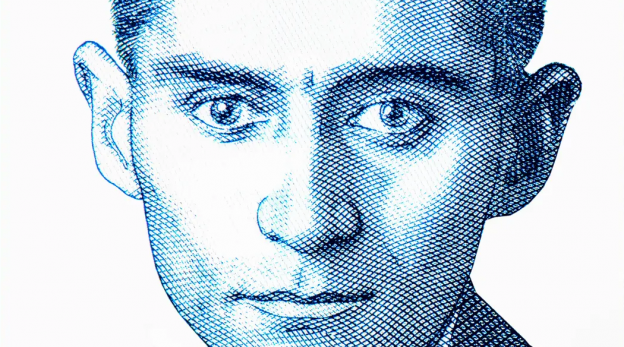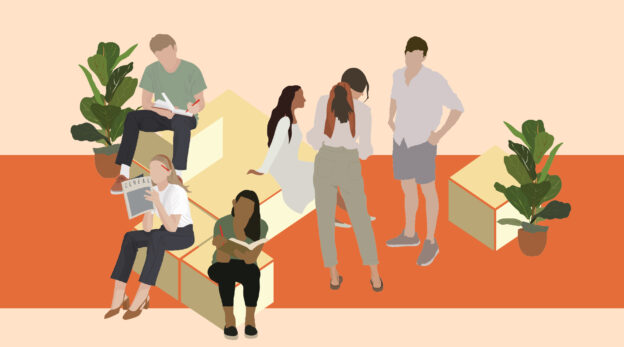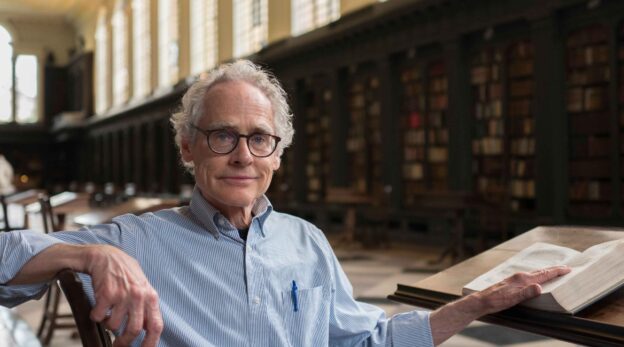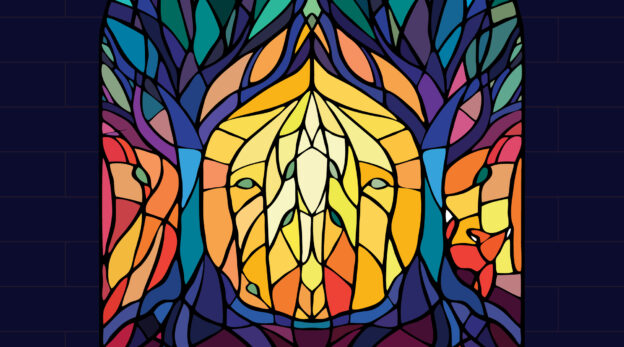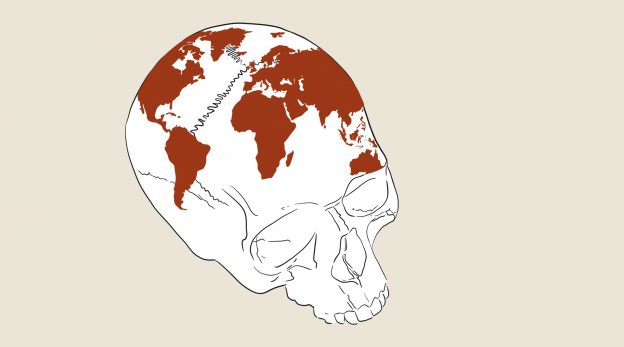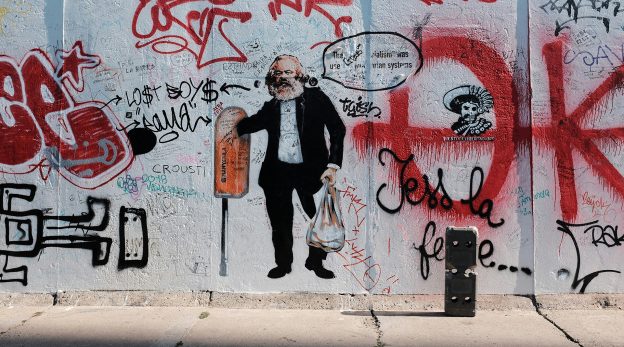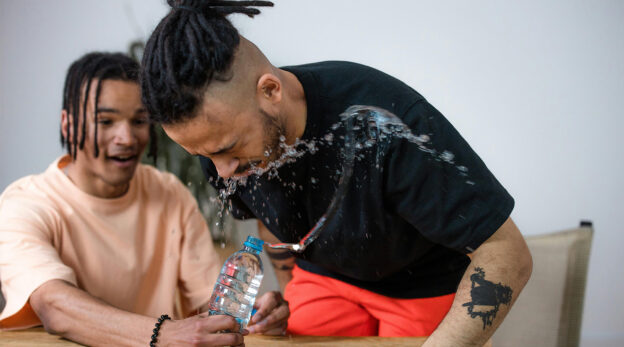
VOX Discussion Night: When Does A Joke Go Too Far?
Is it ever truly acceptable to joke at someone else’s expense? And what, at its core, makes something funny? Join us as we unpack the ethics of humor, dissecting the boundaries that shape comedy today.


